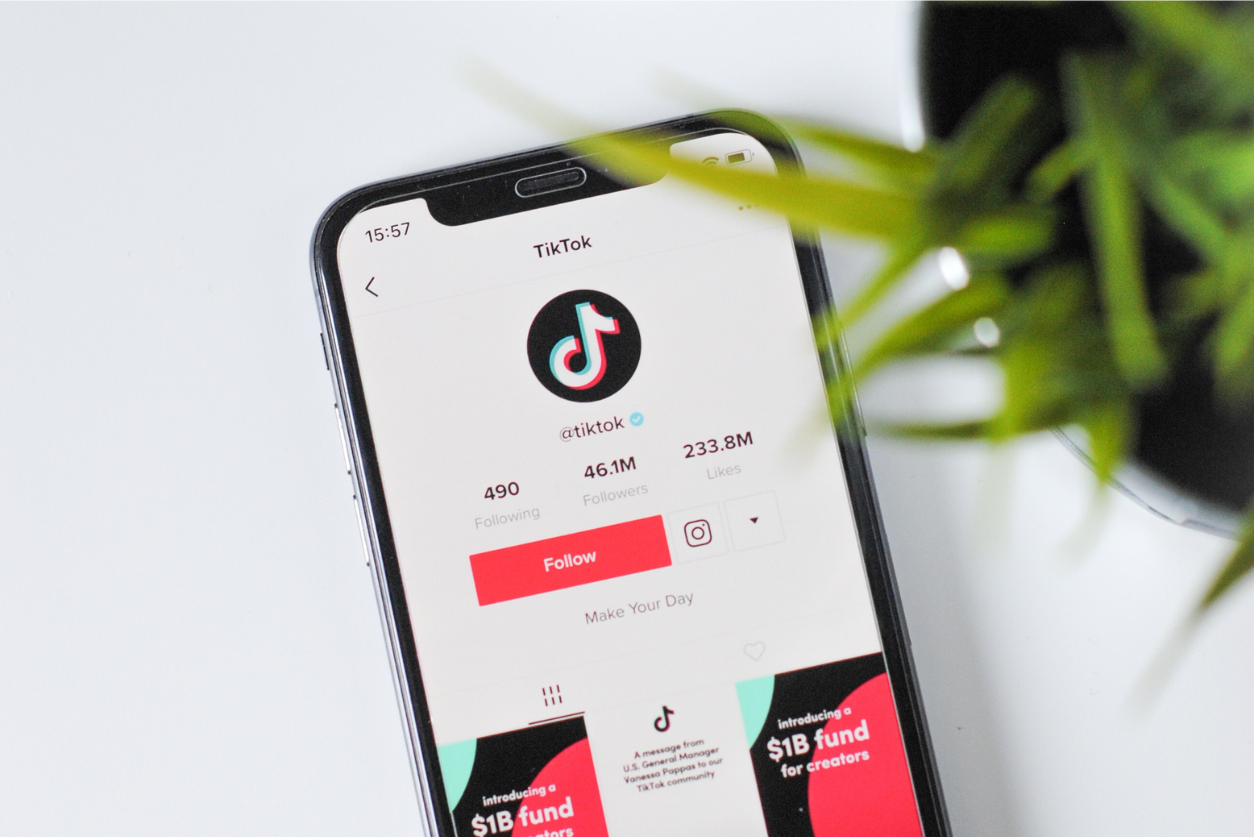PR strategies to address potential TikTok ban
Social media company’s disappearance would represent existential threat to content creators.

Ongoing legal challenges in the United States threaten TikTok’s viability as a social media platform. A ban would suspend a valuable marketing tool for companies and influencers alike.
“The truth is, short video content is incredibly valuable to brands looking to keep the attention of target users,” said Shannon Tucker, vice president of tech focused Next PR. “This type of marketing won’t be lost because audiences will continue to seek platforms that engage them.”
A big change for influencer marketing
From a PR perspective, the biggest immediate risk of a TikTok ban would be to the influencer and content creator ecosystem.
TikTok is the most popular social media channel for branded marketing content, according to The State of Influencer Marketing 2024: Benchmark Report. It found that around 66% of brands use TikTok for their influencer marketing efforts, compared to 47% on Instagram and 33% on YouTube.
In May, eight TikTok content creators sued the U.S. government to challenge the recently passed federal law that would force the sale – or enact a ban – of Chinese-owned TikTok. The creators argue it would violate their First Amendment rights and undermine their ability to earn a living.
Bill Hildebolt, executive chairperson of gen.video, said content creators and PR firms would be wise to diversify their content channels. But he noted that finding success on a new platform isn’t always as simple as uploading an influencer’s content to a new service.
In his experience, most creators who experience breakout success – he described that as compiling 1 million-plus followers – tend to do so predominantly on one platform, not multiple. He listed several reasons for that, including the fact that reaching that popularity on any social network is difficult to do. Each platform has its own idiosyncrasies. While both Instagram and TikTok have historically focused on shorter-from video, Instagram has also emphasized photos and direct messaging. Meanwhile, TikTok has steadily tested out adding longer videos to take on YouTube.
Social networks also tend to have unique audiences so preferred content doesn’t always translate from one platform to the next. Technology, for example, remains strongest on long-form YouTube and it hasn’t translated as well to Instagram or TikTok, Hildebolt said.
PR firms looking to capitalize on influencer marketing really need to understand those nuances if they end up needing to pivot off TikTok.
“It’s definitely not as simple as taking your marbles and moving from TikTok to Instagram,” he added.
Remain platform nimble
While court cases and new laws can hurt or even shutter platforms, those factors are only part of the equation. Changes in user preferences and trends also play a significant role.
Not that long ago Facebook was the dominant platform, but as of today, both Instagram and TikTok have surpassed it in terms of younger users.
If TikTok were to shut down, users would move on quickly, Tucker said. Her advice: Don’t rely on a single platform for brand success. Instead, explore a multichannel approach and experiment with different types of content to see what resonates most with your audience.
There’s no shortage of social media options, and tech companies are always ready to invest in the “next big thing,” Tucker said. She noted that recent years have expressed the rise and fall of various once-prominent video platforms – Vine was popular before TikTok and YouTube’s popularity fluctuates.
That shows the importance of continuing education and staying ahead of all industry trends. Brands need to stay adaptable, test new strategies and avoid panic in the face of industry change, no matter how big it might be.
It’s all about being nimble.
“By building a presence on emerging platforms before they become mainstream, you increase the chances of smoothly transitioning your audience if a current platform declines,” Tucker said.
Flipping the script from challenge to opportunity
Hildebolt doesn’t believe the current TikTok challenges are affecting client behavior just yet. And if they’re changing approaches right now, companies are leaning in to try and “get things done while the getting is good.”
“There’s possibly even an assumption that maybe other people are pulling away and so they can get good value in the meantime,” he said.
There are a lot of industry changes – AI disruption, shrinking newsrooms, perennially tightening budgets – that have created a tightrope for PR professionals. But addressing these kinds of legal and macro environmental issues is all about perspective, Hildebolt said.
Instead of looking at them as burdens, consider them “opportunities to show your clients how good you are.”
“(Allow them) to see that you are not only aware of the issue, but you’ve also talked it out with other professionals, you have a unique perspective on it and multiple strategies for them to navigate the situation better than their competitors,” Hildebolt said. “That makes you an indispensable advisor.”
Casey Weldon is a reporter for PR Daily. Follow him on LinkedIn.








This was a very fascinating read! The impact of a potential TikTok ban on influencers and brands could alter their success. Using a multichannel approach and creating different types of content will be very necessary for them to continue to thrive. If the ban does occur, I am exited to see how influencers adapt to this and what new strategies they will employ!
– Christina Hunt, writer/editor for Platform Magazine
I’m sure other companies have something in the works to replace TikTok as this industry replaces itself every 15 minutes, or so it seems. Banning TikTok is a good thing imho as congressional lawmakers, along with top law enforcement officials, have warned that TikTok is controlled by the Chinese Communist Party (CCP) and is a natural threat to the United States. FBI Director Christopher Wray stated “It screams out with national security concerns” he testified on Capital Hill last year. U.S. officials fear that the Chinese government is using TikTok to access data from, and spy on, its American users, spreading disinformation and conspiracy theories. In reality, it could years for the ban to be implemented. I’m positive this is not the last we will hear about this.